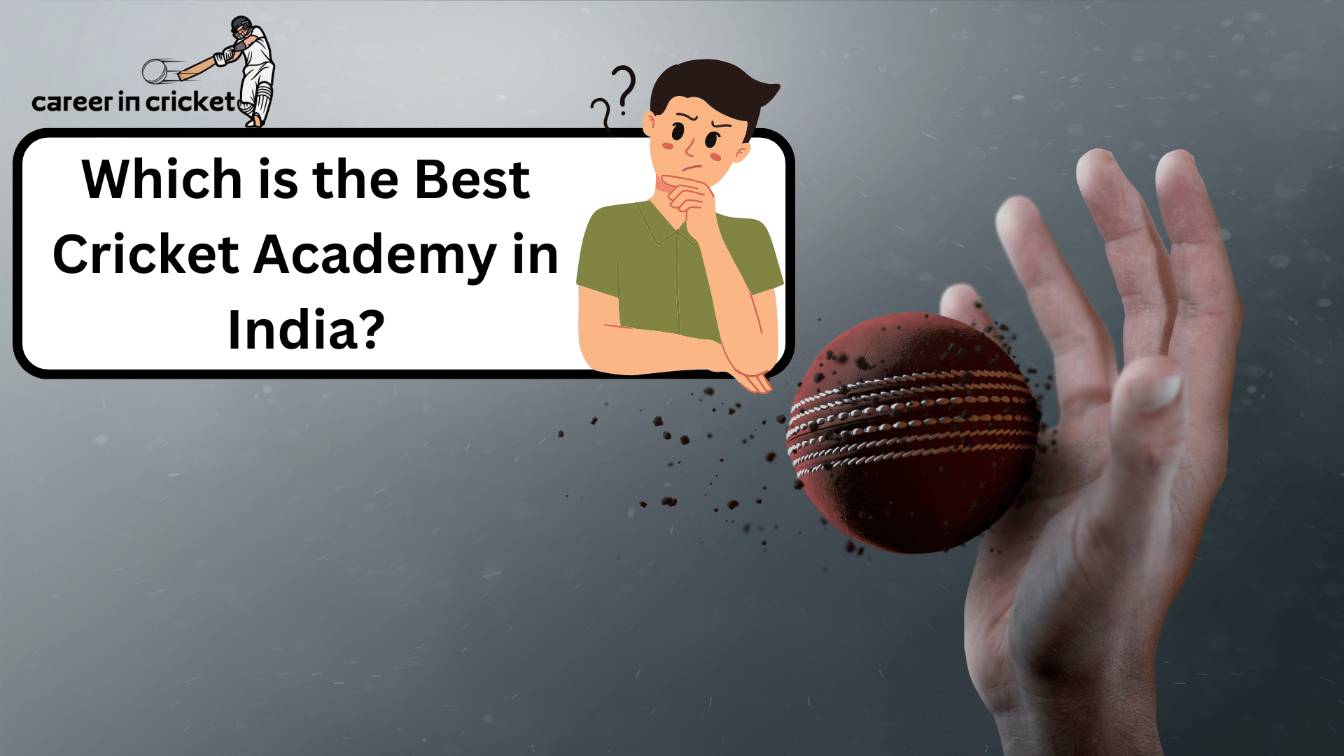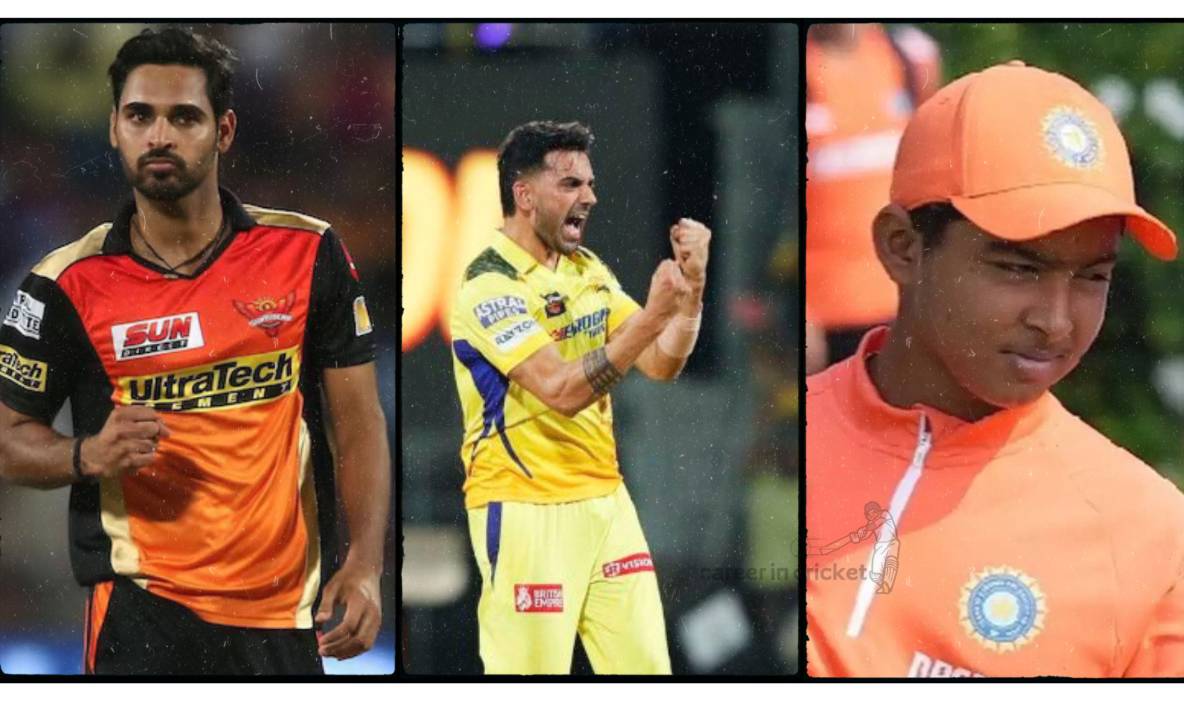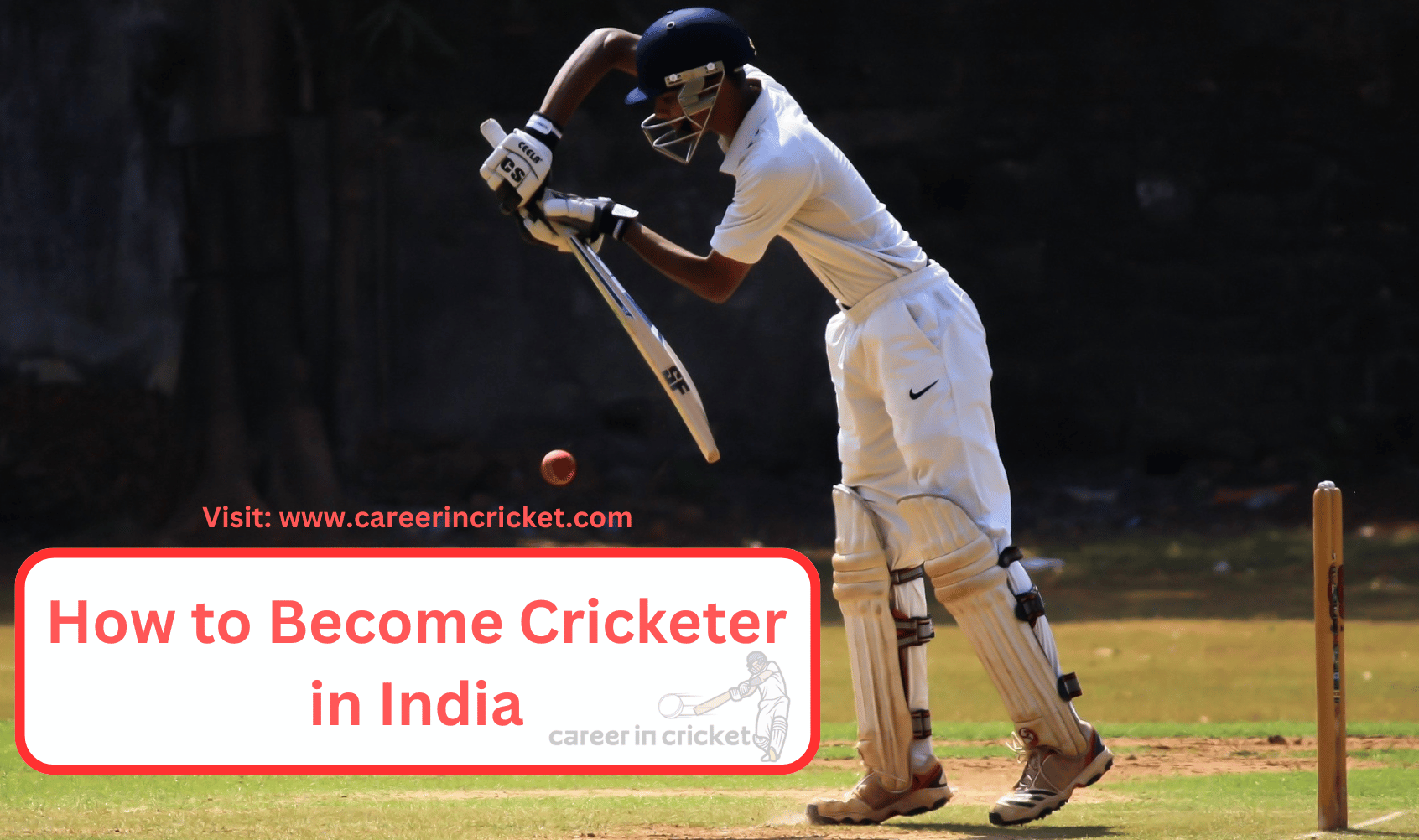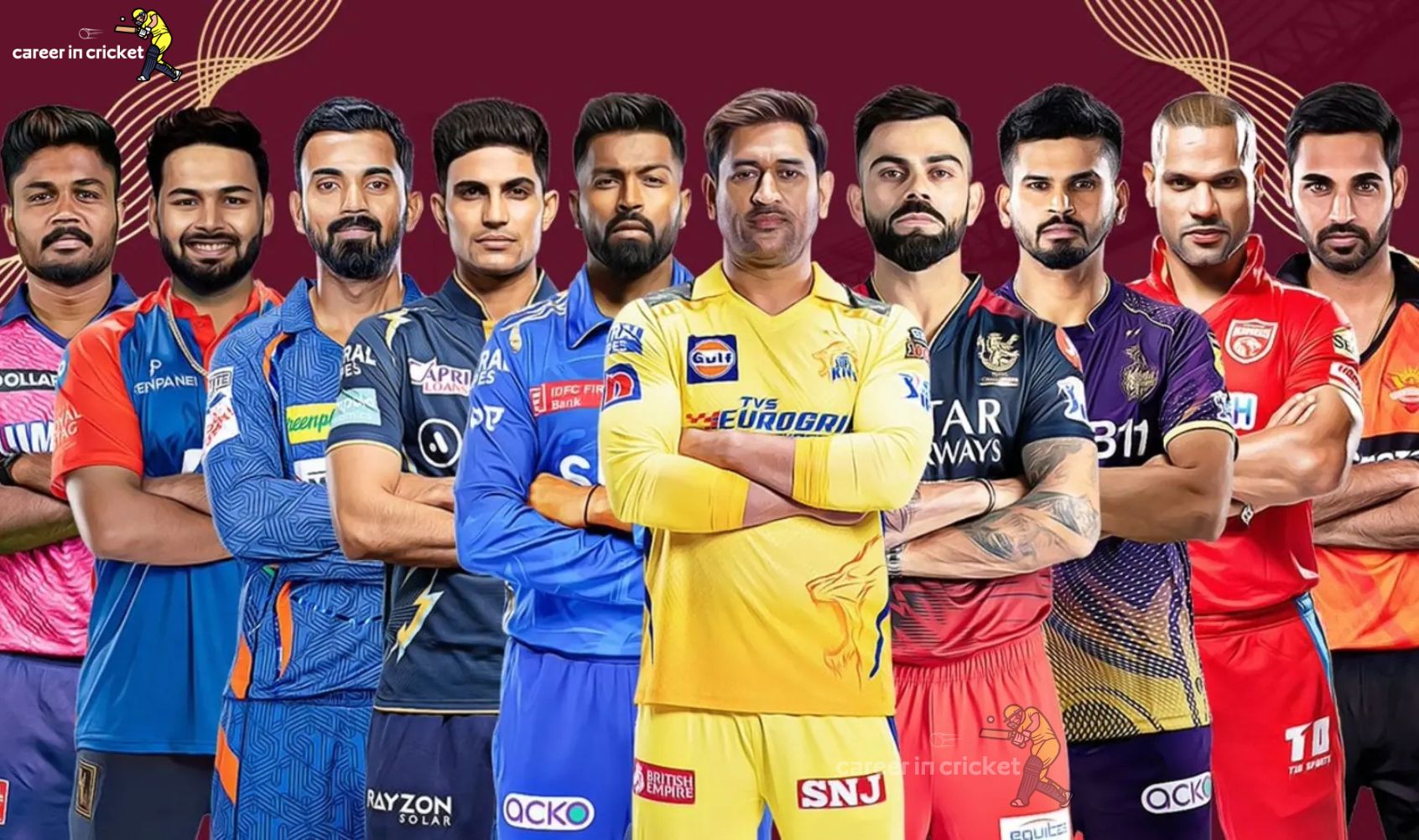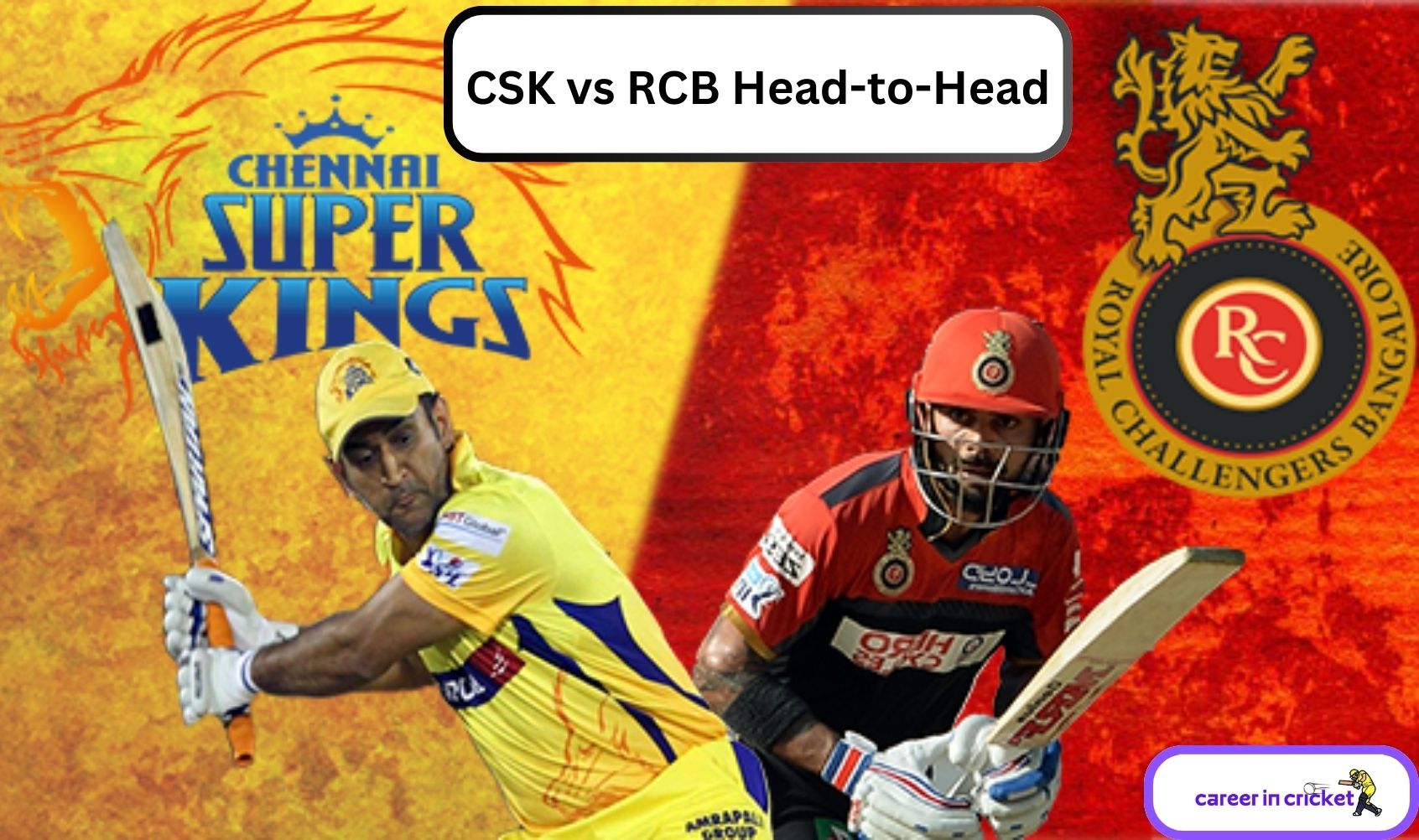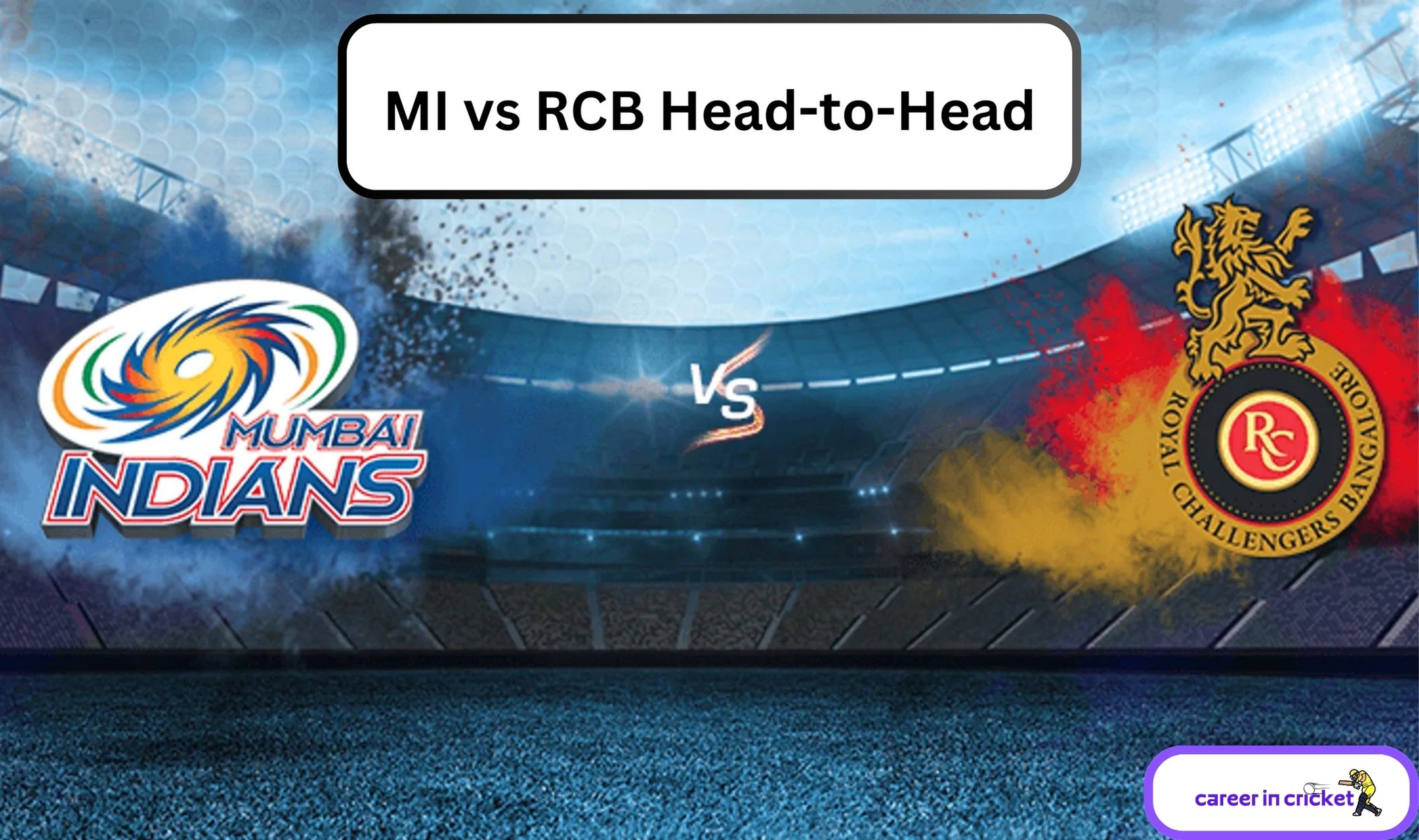In the competitive world of cricket, a professional cricketing resume can make a strong first impression during selections and trials. Whether you're applying to a top cricket academy, aiming for a state-level team, or approaching a sponsor—your resume is a powerful tool to showcase your journey, skills, and achievements.
This guide explains how to create a cricketing CV that highlights your talent and potential the right way.
Why Do You Need a Cricket Resume?
Just like in corporate careers, a cricketing resume:
Gives selectors an overview of your performance
Shows your discipline and seriousness about the sport
Helps coaches understand your strengths and areas of focus
Can be shared with academies, scouts, sponsors, or agents
Also Read: Best Online Platforms to Learn Cricket Skills & Improve Game Strategy
Key Elements of a Cricketing Resume
Below is a professional structure you should follow:
1. Basic Personal Information
Full Name
Date of Birth
Contact Details (Phone & Email)
City & State
Nationality
Playing Role (e.g., Batsman, Bowler, All-Rounder, Wicketkeeper)
Batting Style / Bowling Style
Current Team or Club
2. Profile Photo
Use a recent, clean, high-resolution passport-sized photo in your practice jersey or whites.
Optional: Include a short action shot in one corner if allowed.
3. Career Summary (1 Paragraph)
Example:
A right-handed top-order batsman with over 3 years of experience in district-level tournaments. Known for consistency, strong technique, and the ability to anchor innings under pressure. Represented [Club Name], [School/College], and trained under [Coach Name].
Keep it crisp—no more than 4-5 lines.
4. Achievements
List your best performances or recognitions. Examples:
Selected in Under-16 State Trials (2022)
Scored 104* in XYZ Inter-School Finals (2023)
Best Batsman – XYZ League 2022
5-wicket haul in district semis, 2021
Use bullet points, starting with the most recent and most impressive.
5. Performance Statistics
Organize your recent stats in a simple table:
Add a line for each format you’ve played—school, college, club, academy tournaments.
6. Training & Coaching Background
Mention:
Your academy name(s)
Coach or mentor’s name
Duration of training
Key areas of focus (e.g., batting against spin, fitness, mental conditioning)
Example:
Trained at XYZ Cricket Academy under Coach Amit Sharma from 2020–2024 with focus on off-side batting and footwork.
7. Fitness & Mental Strength
You can optionally add:
Your 2.4km run time or beep test score
Strengths (e.g., discipline, match temperament, consistency under pressure)
8. References (Optional but Strong Plus)
Academy Head Coach or Team Coach
Someone credible in cricket (selector, ex-player, PE teacher)
Include name, designation, and contact number/email (with permission).
9. Extras (Optional)
Links to match videos
Your CricHeroes/ScoreCard profiles
Instagram page for cricket updates
Certificate scans (PDF format)
Also Read: Top Scholarships for Aspiring Cricketers in India
Format & Presentation Tips
Keep it to 1–2 pages max
Use clean formatting (Word/PDF)
Highlight achievements in bold
Save as: Firstname_Lastname_CricketCV.pdf
Avoid overdesign or large photos—keep it professional
Final Checklist Before You Submit
✅ Stats are up to date
✅ Contact info is correct
✅ File size is under 2MB
✅ Saved in both Word and PDF formats
✅ Reviewed by your coach or mentor
? Where to Use Your Cricket Resume?
State/Zone Trials
Cricket Academies
University/College Sports Quota
Private League & T20 Franchise Trials
Sponsorship applications
Overseas training camps
Pro Tip:
Always carry printed copies in trials and save a Google Drive link to share quickly with selectors or scouts on WhatsApp/email.
? Want to Make It Easier?
Visit careerincricket.com – create your digital cricket profile and download your CV in one click.
Track performances, get discovered by academies, and boost your cricket career—all from one platform.




